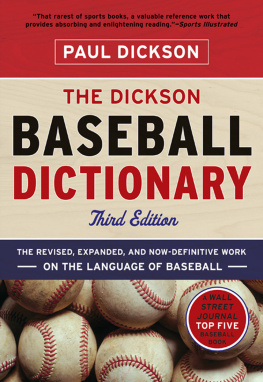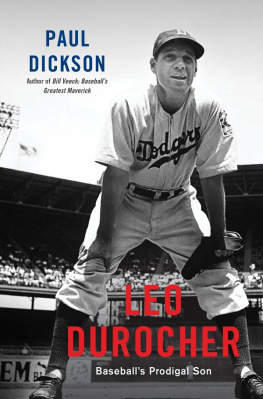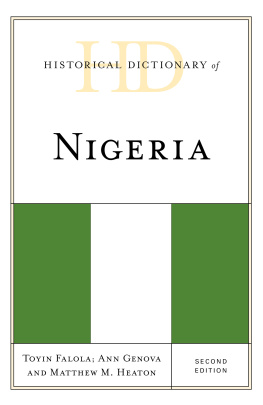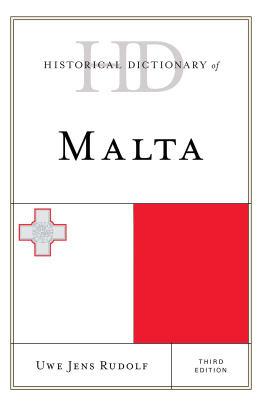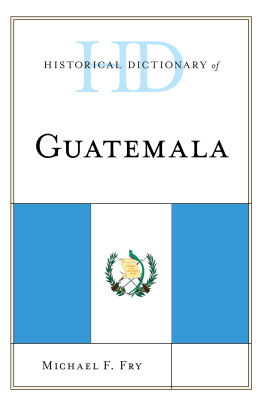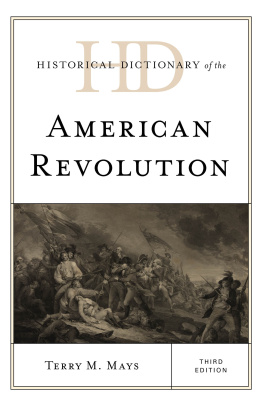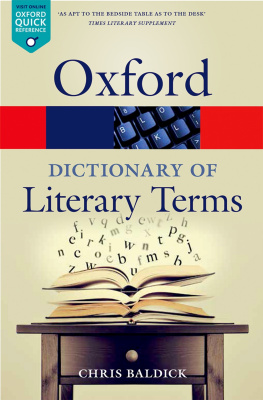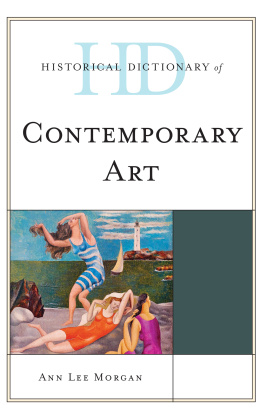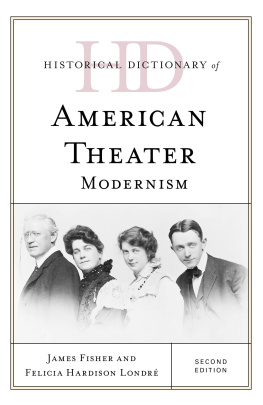The Mature Persons Guide to Kites, Yo-Yos, Frisbees and Other Childlike Diversions
Baseball: The Presidents Game (with William B. Mead)
The Congress Dictionary: The Ways and Meanings of Capitol Hill (with Paul Clancy)
War Slang: American Fighting Words and Phrases from the Civil War to the Gulf War
The Bonus Army: An American Epic (with Thomas B. Allen)
THE DICKSON BASEBALL DICTIONARY
THIRD EDITION
PAUL DICKSON
Edited and Augmented
by Skip McAfee

W. W. NORTON & COMPANY
New York London
Copyright 2009, 1999, 1989 by Paul Dickson
Previous edition published as
The New Dickson Baseball Dictionary
All rights reserved
For information about permission to reproduce selections from this book, write to Permissions, W. W. Norton & Company, Inc.,
500 Fifth Avenue, New York, NY 10110
Production manager: Andrew Marasia
Library of Congress Cataloging-in-Publication Data
Dickson, Paul.
The Dickson baseball dictionary / Paul Dickson; edited and augmented
by Skip McAfee.3rd ed.
p. cm.
Includes bibliographical references.
ISBN: 978-0-393-07349-2
1. BaseballUnited StatesDictionaries. I. McAfee, Skip. II. Title.
GV862.3.D53 2009
796.357dc22
2008051238
W. W. Norton & Company, Inc.
500 Fifth Avenue, New York, N.Y. 10110
www.wwnorton.com
W. W. Norton & Company Ltd.
Castle House, 75/76 Wells Street, London W1T 3QT
TO ANDREW AND ALEX
who brought their old man back
to baseball, and
TO SKIP
who kept this project afloat
for so many years.
Also, Nancy rules.
CONTENTS
THE JARGON OF THE DIAMOND
The diamond has a language all its own;
If a player makes an error, its a bone
If he attempts the squeeze
And strikes out, its a breeze
A play at which the fans belch forth a groan.
A safe drive to the field is called a bingle
If good for one base only, its a single
If the hurler throws a cripple
And the batter clouts a triple,
The swat will put the nerves of fans a-tingle.
When a runners left on base, tis said he died.
If he goes out on a high fly, he has skied
A one-hand stops a stab
The pitchers mound, the slab
Successful plays are certainly inside.
When a players making good his work is grand.
But let him boot just one and hes panned
If he comes up in a pinch
And he whiffs well, its a cinch,
The fickle fans will yell, He should be canned.
Baseball Magazine , Oct. 1916
PREFACE TO THE THIRD EDITION
B efore the ink had dried on the first edition of this book, which was published in the spring of 1989, good peoplefans of baseball, and both professional and self-taught lovers of American wordsbegan to call and write with their lists of omissions from what I had deemed to be a work that defined the national game one entry at a time. I had thought that the dictionary pushed the whole business of baseball terminology and slang to its logical conclusion.
I was wrong.
That first edition, immodestly titled The Dickson Baseball Dictionary , contained 5,000 entries. With the help of more than a hundred new recruits and volunteer lexicologists led by the indefatigable Robert Skip McAfee, who signed on as editor for the second edition, the New Dickson Baseball Dictionary was published exactly 10 years later in the spring of 1999 with nearly 7,000 entries, which seemed, at the time, to be fairly close to definitive at last.
Wrong again.
Ten more years have elapsed, and you are now looking at The Dickson Baseball Dictionary, Third Edition. It contains no fewer than 10,000 entries and more than 18,000 definitions; and more than 400 people have helped with the project. If someone had told me at the very beginning of this undertaking that there would be 10,000 terms to define, I would have said this was impossible. This accomplishment is not one to be credited to the author and his army of lexical irregulars, but rather one to be scored to the game itself, with an assist to that rich and flexible entity known as the English language.
I twice underestimated the size of this undertaking for several reasons.
- The language of the game is, as a roster of readers pointed out, more varied, complex, and fraught with subtle distinctions than I had originally imaginedsort of like the game itself. This was manifested in the number of terms that had more than one meaning. There are 15 baseball meanings for hook , 13 for slot , 11 each for break , jump, and cut , 9 apiece for crack , flip , and catch , and 8 for hole.
- The game outside the lines has continued to change, occasioning the need for terms like wild card , realignment , Executive Council , interleague play , and contraction, to say nothing of terms of self-abuse like greenie and steroid. The growth of sabermetrics and other attempts to better understand the game through statistical terms has mushroomed.
- Old-school terms that had worked when I began collecting terms to define are being supplemented or even replaced. The late Shirley Povich, writing in The Washington Post in 1996, summed it up for the old-school vocabulary of the game: Almost gone from the language is the curveball that was such a staple for so many generations. Its the play-by-play orators who have substituted with the sidearm and forkball. The screwball, too, has all but vanished from the lexicon of baseball. But the fastball has taken on multiple identities. Play-by-play men talk now of a four-seam fastball, a two-seam fastball, and a cut fastball, whatever that is. Since Povichs passing, a new crop of pitching terms have come into play, including such verbal oddities as the Bugs Bunny changeup and the gyroball , the latter made instantly famous by Daisuke Matsuzaka in the spring of 2007.
So with 25 yearsgive or take a yearsince I began writing down a list of terms to be defined, I can only now claim that this is as close as can be gotten to definitive; but given the nature of the game and the nature of the language, the collecting of information and the recruiting of new volunteers continues.
Paul Dickson
Garrett Park, Maryland
INTRODUCTION
Baseball needs a Webster and a standingRevision Board to keep the dictionary of the game up to date. The sport is building its own language so steadily that, unless some step soon is taken to check the inventive young men who coin the words that attach themselves to the pastime, interpreters will have to be maintained in every grand stand to translate for the benefit of those who merely love the game and do not care to master it thoroughly.
Hugh S. Fullerton, The Baseball Primer,
The American Magazine , June 1912
I n the early part of the 20th century an odd movement started: Its purpose was to suppress baseball slang. Time has obscured some of the details, but what it amounted to was a movement toward linguistic purity and away from sports-page baseballese at a time when it was booming and those outside fandom were confused. Important voices Colliers Weekly and the New York Tribune were early leaders of the crusade.
In 1913 the Chicago Record-American began covering games two ways: one account in the slang of the time and, next to it, a description of the game in less boisterous terms. A Professor McClintock of the English department at the University of Chicago brought the matter to national attention when he suggested that the republic would be better served if baseball slang were dropped and if, for starters, the newspapers would start describing the sport in dictionary English.

